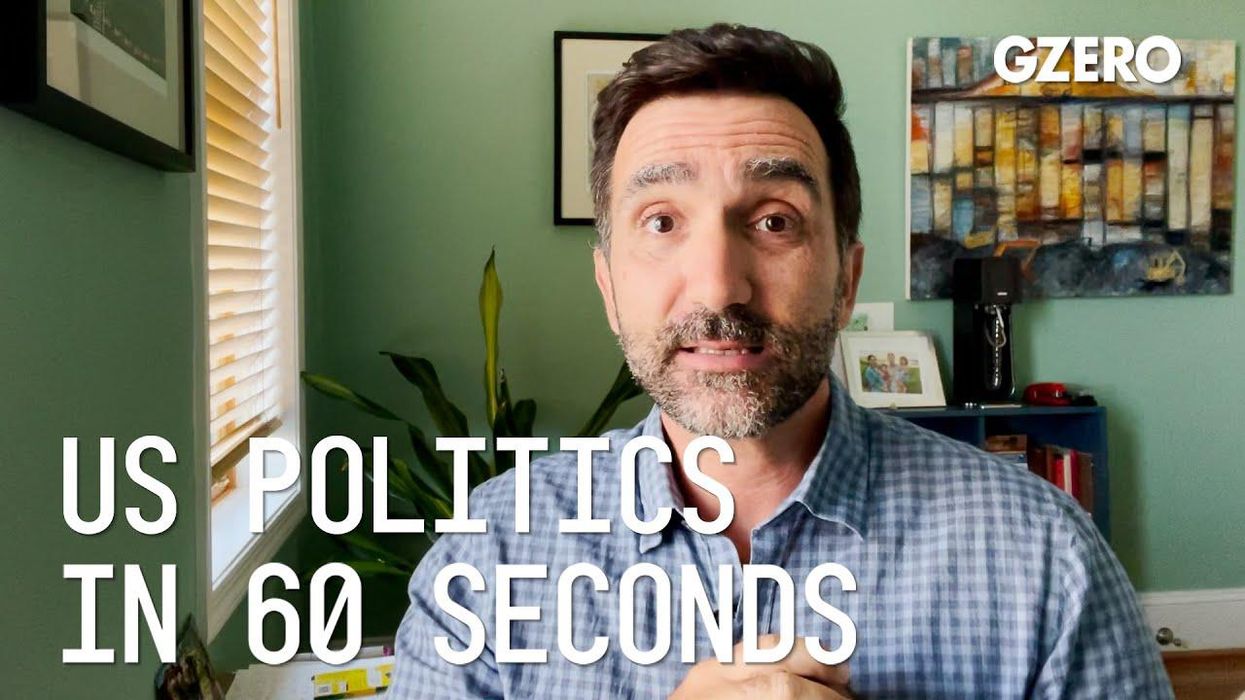US Politics In 60 Seconds
How the Democrats plan to tax the rich; Newsom wins CA recall
Will the House Democrats actually be able to "tax the rich"? What are the takeaways after Governor Gavin Newsom survived the California recall election? Jon Lieber, head of Eurasia Group's coverage of political and policy developments in Washington, shares his insights.
Sep 16, 2021

